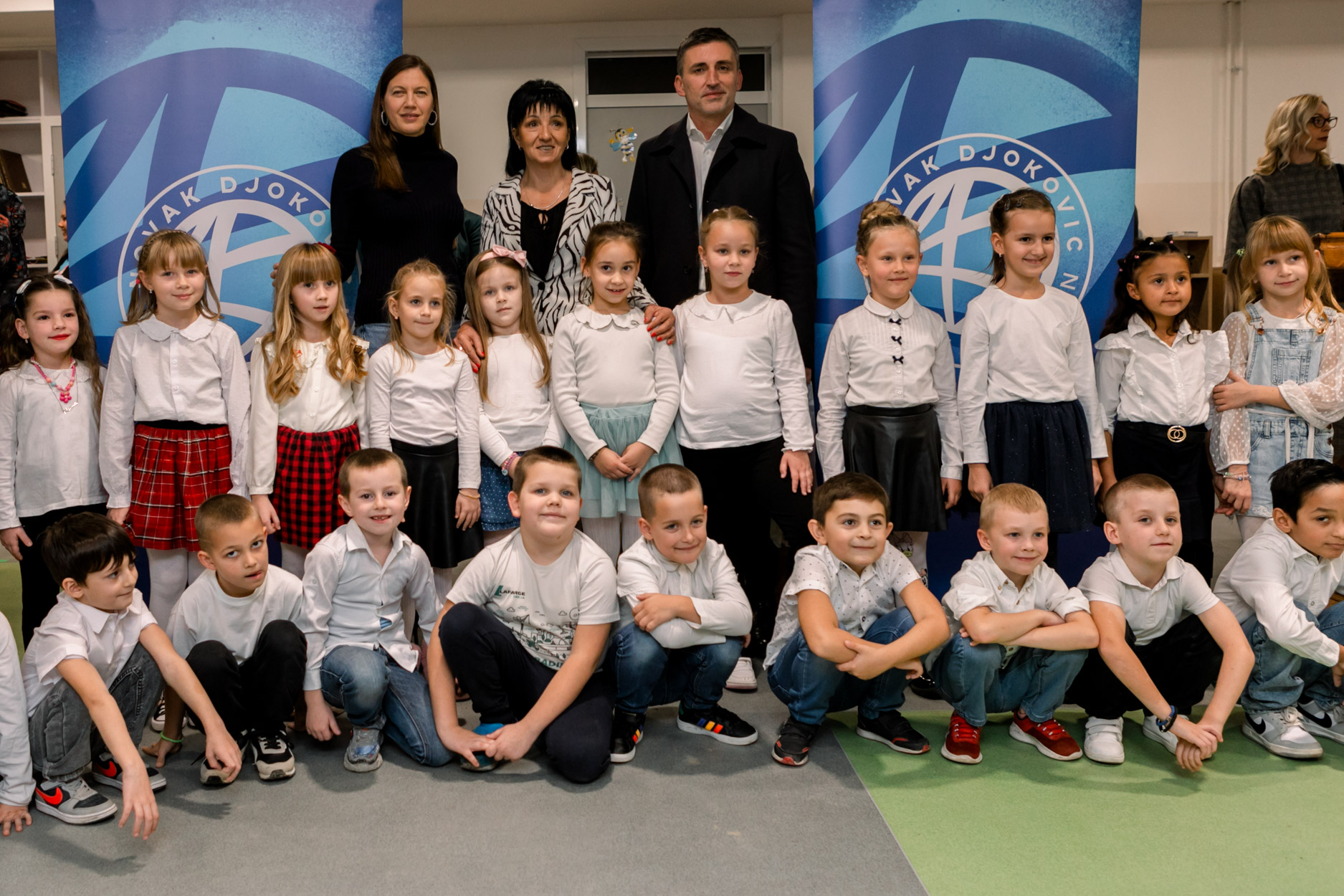Numerous studies on children’s motivation for reading have proven that we live in a time of a reading crisis! The issue is a major pedagogical, cultural and social phenomenon. The reading crisis has stemmed from the overly big school reading materials, children’s fascination with mass media, smartphones, and entertaining TV programmes with low-quality cultural content. That all has a considerable negative influence on children. Thus, children turn into passive observers of the world they live in and gain knowledge based on inappropriate content.
Once they start school, children face many challenges. How to master complex mathematical operations, how to understand the world of science and society, and how to develop expressive language skills. We were all told in school that the more we read, it will be easier for us to express and style our speech, thoughts, and beliefs.
A person who develops a healthy reading habit is more than just a well-read person. He/she has more self-confidence, has more confidence in what he/she is saying and is able to deal with any unforeseen event. This is why we, the grown-ups, must pass the habit on to our children.
How to inspire a child to read?
Experts believe that developing a child’s belief in his own ability to acquire knowledge through reading is one of the most essential encouragements for reading. This is what scientists refer to as the feeling of self-efficacy.
Self-efficacy develops a positive self-confidence in children and belief that their hard work and effort will pay off. They learn that through reading they are capable of gaining knowledge and experience.
In this way, children’s fear of reading is also reduced. If a teacher or a parent manages to develop the self-efficacy assessment ability in children, they are on the right way to inspire their children to make an effort to discover and resolve all the tasks that unfold before them as they read.
Some of the first steps that parents can take in order to develop a feeling of self-efficacy in children in the reading process are:
- emphasizing the importance and value of reading as a useful activity;
- creating a positive atmosphere for reading;
- encouraging the need for reading;
- helping a child to develop a believing in himself as a reader.
 Teachers have a key role in motivating children to read.
Teachers have a key role in motivating children to read.
Who should motivate a child to read?
Child’s motivation for reading starts from several places – parents, siblings, or school teachers. A child’s love for books and their enthusiasm for learning and enjoying reading should be nurtured every day.
From the earliest age, the family should develop a positive attitude to books in their child. The child needs to believe that it is an active process as they grow up. A process which they will enjoy and which will provide the new knowledge and skills.
Teachers may have a key impact on the development of a positive approach to reading. Once the approach is ingrained in the child, reading becomes one of their favorite activities. Children themselves will initiate reading in their free time.
How can teachers in schools motivate children to read?
Teachers are the ones who create an encouraging environment in which a child continuously interacts with the reading process. They should create a socially-constructive approach additionally improving and encouraging a child’s motivation for reading.
A teacher can achieve this in the following ways:
- to the degree possible, by adjusting the topic of selected compulsory reading and homework with a child’s age and their interests;
- instead of a conventional approach where a child reads compulsory reading on their own, a teacher can organize activities of reading in pairs or in groups;
- by asking a child to share their experience after they finish a book, whether in writing or orally and with their friends;
- by motivating children to also link the books with their certain life experiences; and
- by organizing classes where children can talk about the material they read in their free time – online texts, manga comics, books other than compulsory reading, magazines.
The magic of reading! The moment when you sit in your special corner, holding a book and get transported to another world, often distant and unknown. The most wonderful thing is imparting love and a positive attitude toward everything to children, even reading. Reading shapes us and makes us active, capable and wise. When they realize that they learned a lot of new things, children are motivated to keep searching for answers. That is why you should encourage the child to enjoy the magic of reading.

















